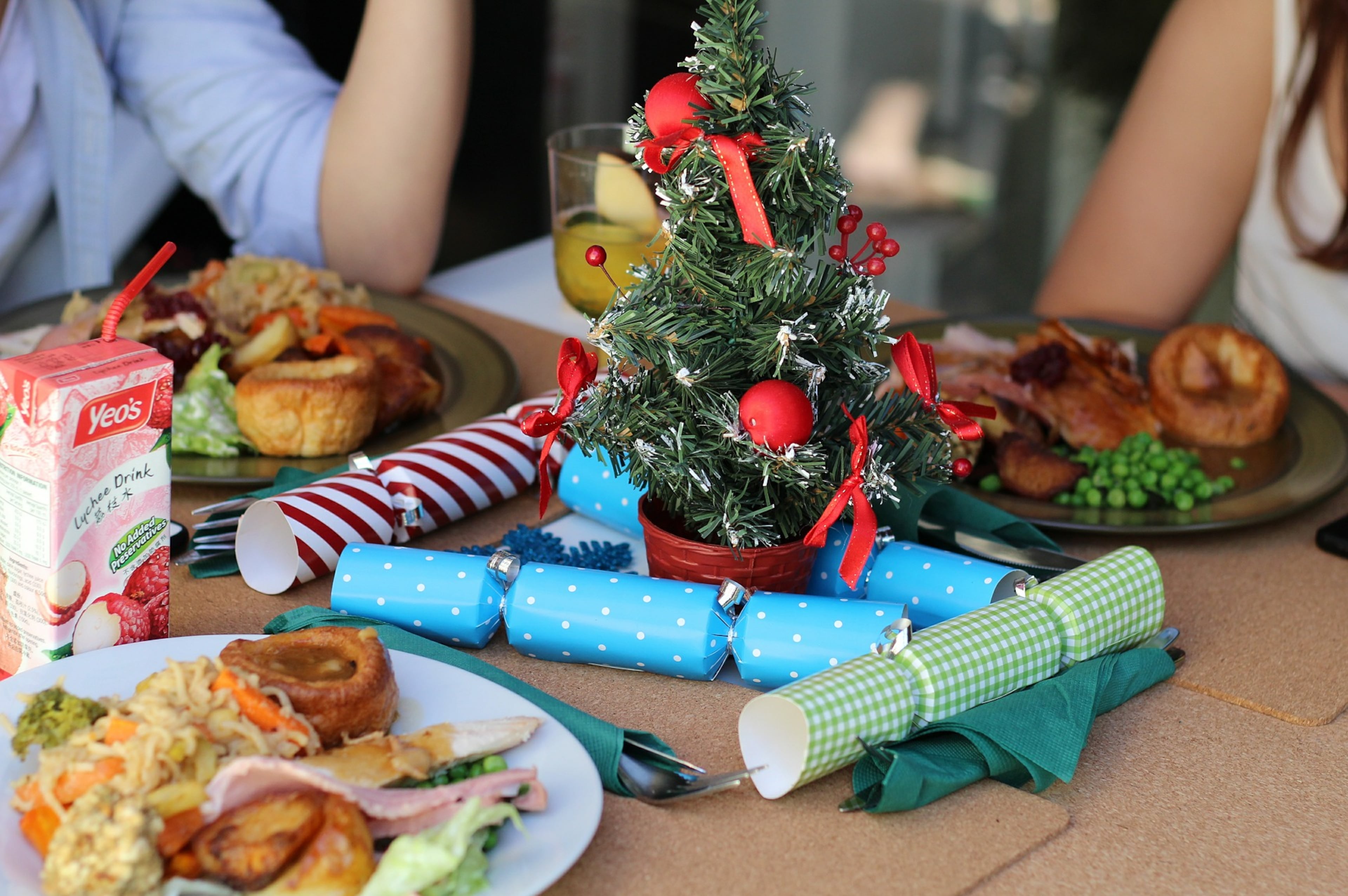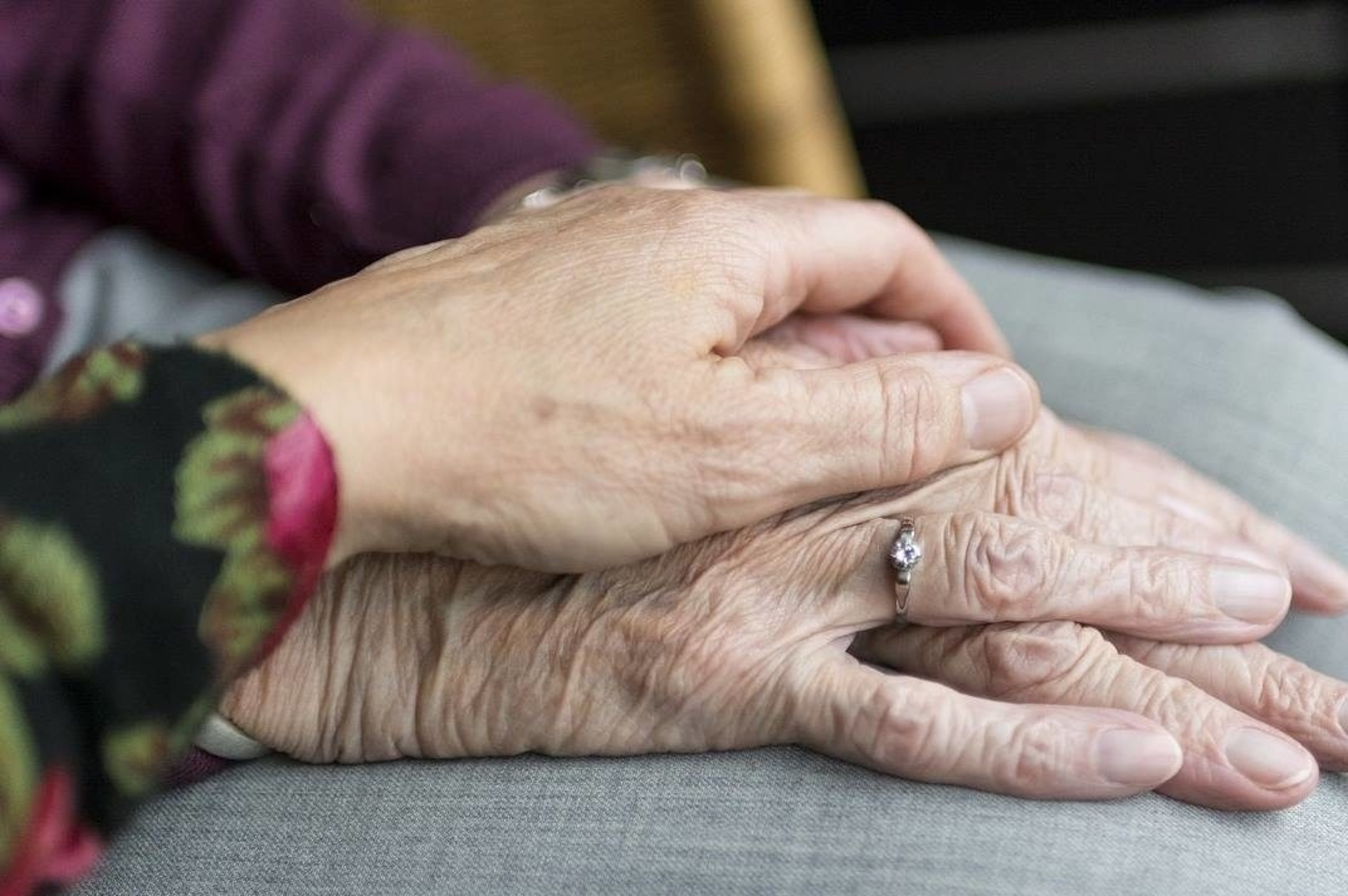I've spent 10 years helping people lose weight… here are my best tips
For 10 years, I've been the force behind MyBodyTutor.com, which simplifies the weight-loss process into practical, sustainable behaviors that help you lose weight and actually keep it off. It hasn't always been easy, but I believed enough in my program to quit my comfortable job for it. I've since made a career out of working with clients who have "tried everything" but just haven't managed to keep the weight off. One client had attempted 16 different programs before finding success with me.
The truth is, you can lose weight with almost any program, but sustaining that weight loss is a different story altogether. My program has been a success because clients can fly the nest after acquiring the necessary skills—I don't want anyone to come back as repeat business. Here the top weight-loss strategies that make my clients so successful.
>> Related: Want to lose weight? Experts say these are the best diets of 2017
1. Schedule fun for yourself.
Tension relief is one of the top reasons we overeat and make poor food choices. When something causes us to feel tense, we seek to alleviate that feeling… often with overly indulgent food and drinks. As we get older, we make less time for fun, which leads to burnout.
What defines fun for you? Consider signing up for art classes, salsa lessons, volunteering, board games, meditation, yoga, even cooking healthier spins on your favorite foods. Focusing on fun might sound trite, but there's a good reason my most successful clients create time for it: The more fun we have, the less we'll rely on food and drink to create it for us.
2. Learn that food isn’t what you’re really craving...
...what you're craving is avoidance. When we indulge, we're after the experience of eating—the escape and distraction. So when you want to eat an entire pint of ice cream, what you're really after is that sense of reward. But food won't give you what you're truly looking for, so when you're craving something that will hamper your goals, ask yourself: "If I could use a magic button to change something in my life right now, what would I use it for?" This will help you identify what's really bothering you. For example, if you're unhappy with your career, or you're seeking a better relationship with your partner, identifying these issues will help you map out a plan of action instead of covering up a desire with temporary relief in the form of dessert.
3. Understand that 80 percent of weight loss is diet.
You know how some people can work their butts off in the gym—even with a trainer—and they don’t end up looking any different? You can't out-exercise a poor diet; what you do between exercise matters most. While exercise is the key to energy and a better mood, diet is the key to weight loss.
>> Related: The 6 biggest surprises that came with losing 280 pounds
4. Plan and prepare meals ahead of time.
We often have to battle between our short-term, irrational mind and our long-term, rational mind. When we're hungry, stressed, or tired, it's harder to make good choices. Besides, when was the last time you were "in the mood" for grilled chicken and vegetables when you felt ravenous? Sure, you might not always follow through with your healthy-eating plans, but the chances you'll do so increase dramatically when you actually have a plan in the first place. You don't get any bonus points for using heroic willpower rather than simple planning, so why not make it easier on yourself? My most successful clients always have healthy food ready to go in the fridge—this just makes good choices easier.
5. Choose a truly sustainable path.
This might sound like common sense, but it's not common practice. You can't expect to stick with a plan that won't work in the long run, but people keep attempting absurd fad diets. Forget about them! You can only follow a cookie, shake, grapefruit, cabbage, no-carb, and no-fun diet for so long—and my most successful clients avoid these diets. Before you start any weight-loss program, ask yourself, "Can I see myself eating like this in five years from now?" If the answer is no, then the diet you're thinking about starting isn't going to work. Give yourself a chance to succeed from the start.
6. Determine if you’re actually hungry before you eat.
One of the top reasons people are overweight is because they eat when they're emotionally hungry, not physically hungry. Physical hunger comes on gradually and can be satisfied with any food. It passes what I call the "Broccoli Test."
Emotional hunger comes on suddenly. It feels urgent and is marked by specific food cravings. You can have snack after snack, and nothing hits the spot. This is because you're not hungry for food—you're hungry for something else. So when you’re about to eat, pause and ask yourself, "Am I hungry or am I eating to change the way I feel?" This will allow you to catch yourself if you're about to eat for emotional reasons, not out of true hunger.
>> Related: How to lose weight in your 30s, according to Atlanta trainers
7. Plan your indulgences.
I'll never forget when a client told me that before starting one of her many failed diet attempts, she was told to sign a contract stating she'd never indulge in any of her favorite desserts again. If only it were that easy—that's like saying "Don't be sad" to someone who's depressed. It's ridiculous. Never indulging again isn't sustainable... or even desirable.
You should eat treats when they’re special to you. My rule is that your special indulgence should pass the "Will I remember this in two weeks?" test. Most of the indulgences we eat aren’t remarkable—they’re bags of chips or boxes of stale-tasting cookies from a convenience store. The idea is to make the most of routine meals and indulge when it’s truly worth your while. Wait for a memorable treat like a high-quality pastry from your favorite shop.
The real secret to sustainable weight loss is that there is no secret. It's about eating well, exercising… and doing these consistently. Understanding what gets in the way of consistency—and how to be more steady in your efforts—is the only way to stick with a plan and get the results you really want.
Adam Gilbert is the founder of MyBodyTutor.com, an online program that solves the lack of consistency faced by chronic dieters. You can follow Adam on his blog, Instagram, and Twitter.
More Stories
Keep Reading


